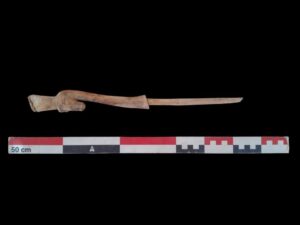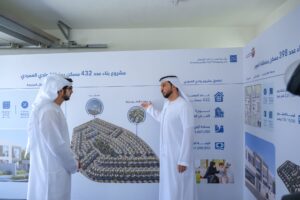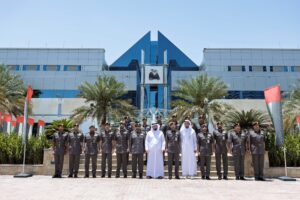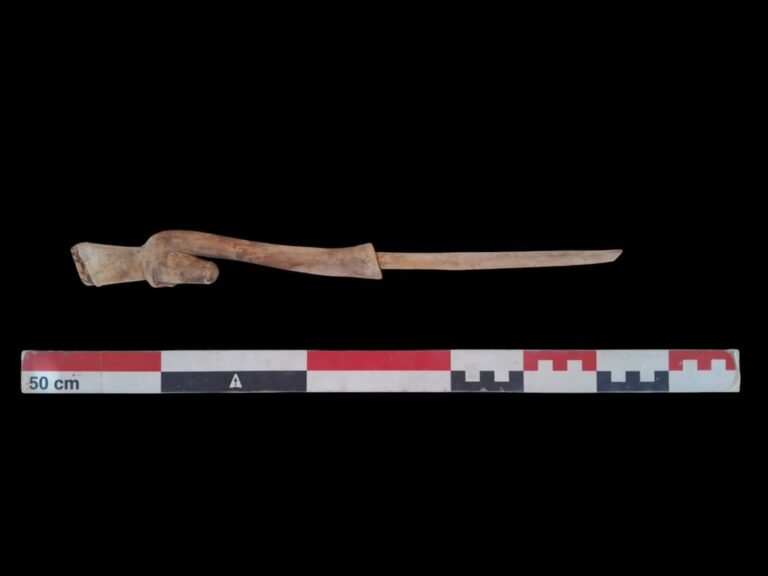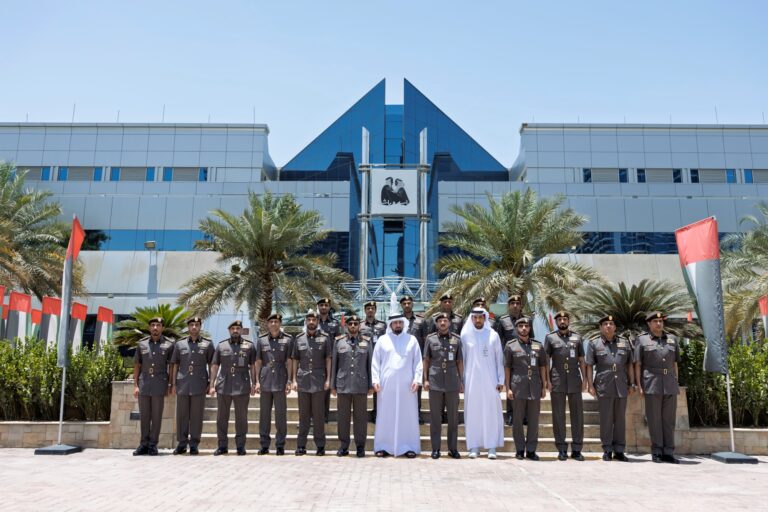- Natural formations a boost for biodiversity, research and tourism opportunities
RIYADH: Officials revealed on Sunday that more than 20 blue holes have been discovered along the southern coast of the Red Sea, the Saudi Press Agency reported.
Blue holes, deep underwater sinkholes with a distinct blue color and unique features, form near coastlines through processes like limestone erosion or cave collapse. These formations are important for biodiversity, attracting marine researchers, whilst also drawing in divers for their renowned beauty.
During a workshop titled “Blue Holes in Saudi Arabia” hosted by the National Center for Wildlife Development, Minister of Environment, Water and Agriculture Abdulrahman Al-Fadley announced the significant discovery to attendees including numerous local and international specialists.
Dr. Mohammed bin Ali Qurban, CEO of the National Center for Wildlife Development, said: “The workshop shed light on blue holes, which are one of the wonders of the sea that have preserved their mystery and hid their secrets, revealing to us, on this journey, biological richness and unique geological formations.”
He added: “We are working with our colleagues at King Abdullah University of Science and Technology on studies and research dealing with biological diversity, risks and threats to these important environments in … Saudi waters.”
Qurban said that protecting and studying these environments aligns with the Saudi Green Initiatives, which aim to increase the percentage of protected areas to 30 percent of the Kingdom’s landscape by 2030, as well as encourage efforts to evaluate and rehabilitate Saudi Arabia’s marine environments.
He emphasized that this discovery has value beyond its obvious environmental and scientific research opportunities and benefits, as it is could help position Saudi Arabia as an international tourist destination, boosting the local economy.
Last year, the National Center for Wildlife Development launched a groundbreaking survey of the Red Sea and its ecosystems, studying their biology and environmental characteristics for the first time.
